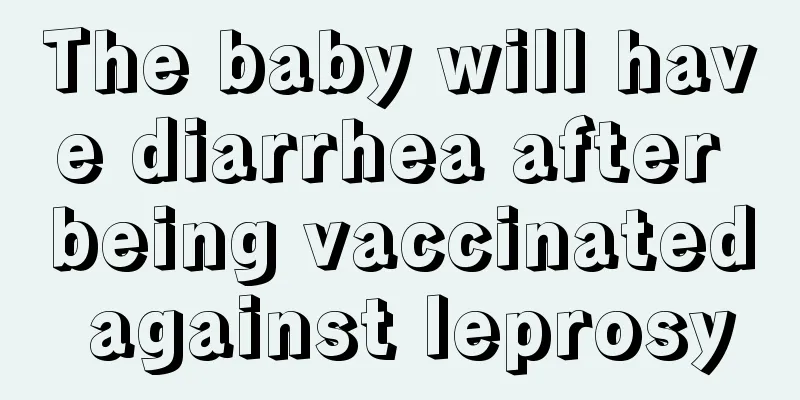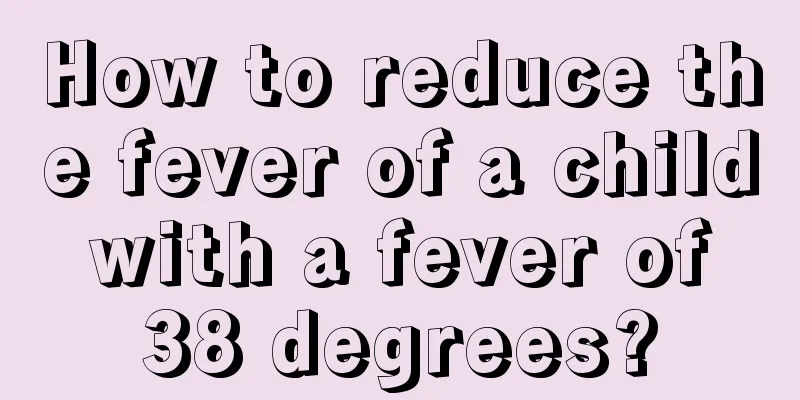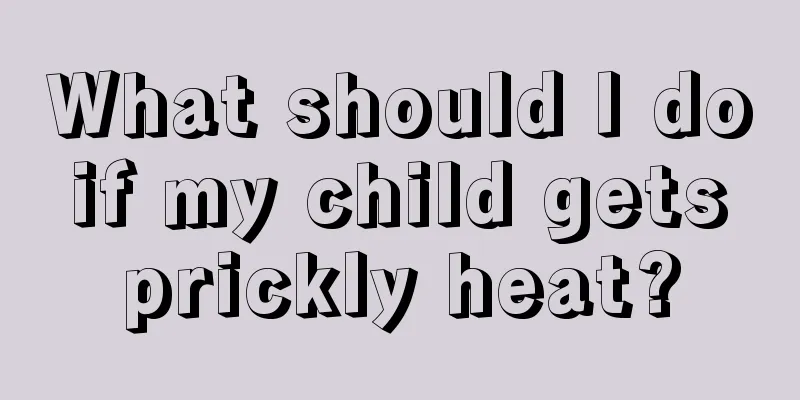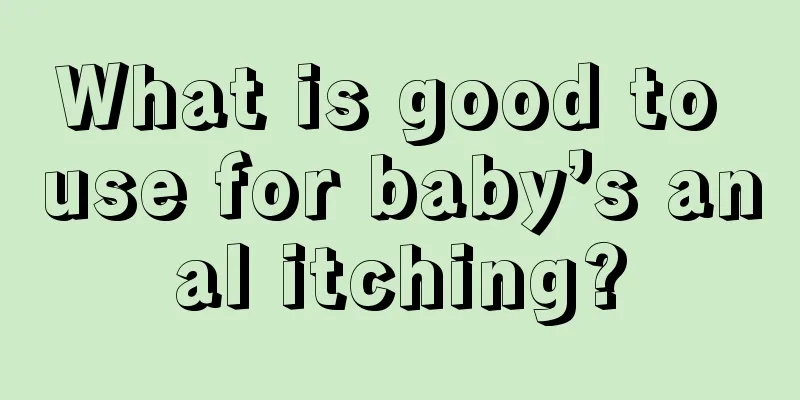What are the dangers of chewing gum for children?
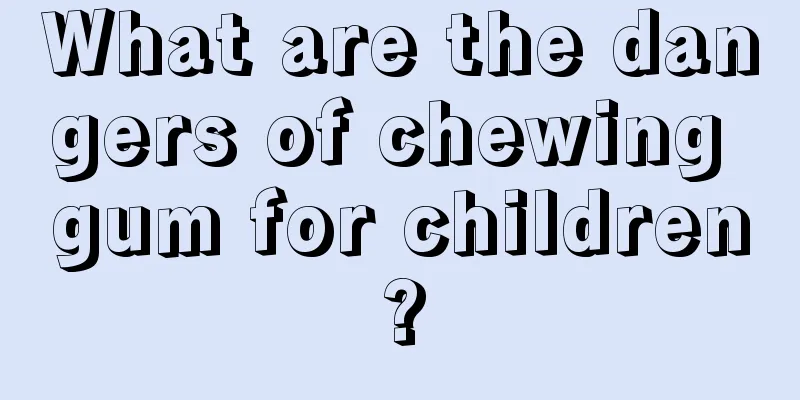
|
Children should try not to eat chewing gum. For adults, chewing gum is a good and delicious snack, which can clean the mouth. But children should try not to eat it. On the one hand, there are some additives in chewing gum, which can have adverse effects on children's health. On the other hand, children's swallowing ability is not particularly perfect, which can easily lead to accidental swallowing, and may even cause some relatively high-risk hazards. What are the dangers of chewing gum for children? Although the amount of plasticizers in chewing gum is safe, chewing gum frequently may affect children's health due to the cumulative effects of plasticizers. Secondly, children have their own characteristics when chewing gum, that is, they may knead the chewed gum in their hands and then put it back into their mouths to chew. In this way, bacteria, viruses, parasite eggs, etc. on the hands will enter the body and cause diseases. Because children have poor self-control, if they keep chewing gum in their mouths all day, they may swallow it or it may enter their trachea by mistake, which may be life-threatening. In addition, chewing gum for a long time will keep the chewing muscles in a tense state, which may develop a habit of grinding teeth in sleep, thus affecting the child's sleep quality. Someone once joked that the American habit of grinding their teeth while sleeping "all originated from chewing gum." Of course, there is no harm in eating a piece or two of chewing gum occasionally, as long as there is no bad way of eating it, such as holding it in your hand after biting it and putting it into your mouth again. But if a child is addicted to chewing gum and eats two pieces or more a day, parents should intervene. What should I do if my child accidentally eats chewing gum? 1. Most of the chewing gum contained in chewing gum is not digested and can be excreted from the body with feces. You can eat some crude fiber foods to stimulate intestinal peristalsis and promote the excretion of chewing gum. Because the inner wall of the human stomach and intestines is very smooth and secretes a large amount of mucus, it is impossible for chewing gum to get stuck and will not hurt the stomach and intestines. If it cannot be digested after being swallowed, it will be excreted automatically. There is also a kind of xylitol chewing gum on the market, which can be swallowed completely, but you must avoid accidentally entering the trachea. 2 Baby accidentally swallows chewing gum: Use the inverted back-patting method to prevent it from entering the trachea. When a child chokes on foreign objects in the trachea, parents should not panic. First, clear the vomit or food residues in the nasal cavity and oral cavity, but do not try to dig out the foreign objects in the trachea with your hands to prevent chewing gum from entering the trachea. Correct method: You should immediately lift the child's feet upside down with his head facing down, and pat the child's back with your other hand to shake out the foreign object. At this time, the child will cough violently due to the stimulation of the foreign object, and the airflow can flush the foreign object out of the airway and save the child's life. Warm reminder: When children have food in their mouths, do not make them cry, laugh, talk or scare them to prevent food from being inhaled into the trachea. 3 It is best not to let babies chew gum. It is best not to let children chew gum, because not only does it have no benefits, but it will also be very troublesome if it is accidentally swallowed into the trachea. It is easy for infants and young children to accidentally chew gum that goes into their trachea, which is life-threatening. The gum in chewing gum will be completely broken down into residue that has lost its stickiness through the digestion of gastric acid and intestinal enzymes and will not have any adverse effects on the body. Chewing gum contains pigments and artificial flavors, which are not good for the baby's physical development. Recommendation: Wait until the child is old enough to understand (around 5 or 6 years old) before eating it; parents should also pay attention and remind their children not to swallow it. 4 Supplement: The benefits of chewing gum: The base of chewing gum is very sticky. It can remove food residues on the surface of teeth, has a certain effect of cleaning the oral cavity, promotes facial blood circulation and muscle exercise, promotes the development of teeth and maxillofacial area, and promotes digestion. Chewing gum can temporarily improve memory. Note: Children should not chew gum more than three times a day. Excessive chewing will cause tension in the chewing muscles and lead to night bruxism or poor sleep. |
<<: What to do if your child swallows gum
>>: What to do if your baby's hand is scalded and broken
Recommend
How to treat children with weak constitution
In summer, many people like to stay in the air-co...
What to do if your baby cries after getting a vaccination
It is normal for babies to cry after receiving a ...
Baby cold massage
It is quite common for babies to catch a cold due...
Why do boys sweat so much?
Boys sweat more frequently than girls and are mor...
What are the causes of stomach pain in two-year-old babies?
Some babies always complain of stomachaches, but ...
Children get tired easily
Our body needs certain nutrients on a daily basis...
What should I do if my two-month-old baby doesn't like to drink milk powder?
Once their baby shows that he doesn’t like to dri...
What causes egg yolk allergy in children?
We know that many people in our lives are allergi...
Symptoms of emotional disorders in children
Emotional disorders are a type of mental illness....
Massage is effective for treating bloating in children
Children's stomach bloating is mainly caused ...
Methods to relieve separation anxiety in new kindergarten children
In fact, for some children who have just started ...
Air conditioning temperature for newborns in summer
If a child is born in summer, the weather is rela...
What does premature ventricular contractions mean in children?
We now have a certain understanding of ventricula...
What complementary foods do babies eat?
In fact, in daily life, today's babies cannot...
What is the best and fastest way for children to replenish blood?
The physical health of children is what parents a...

